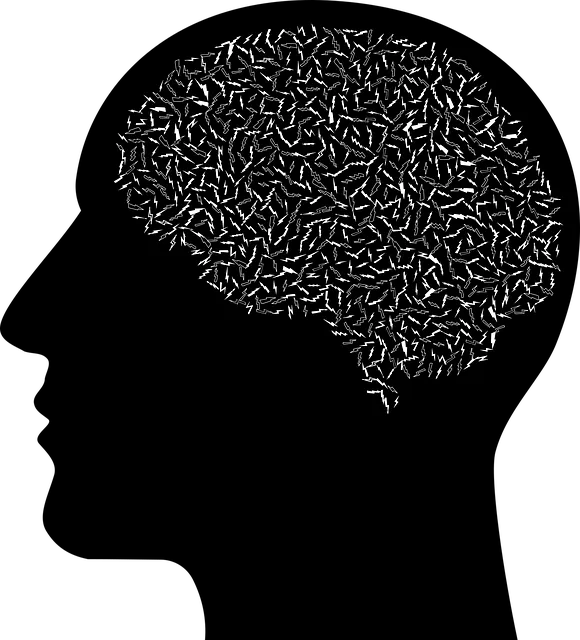Litttleton Kaiser Mental Health Programs provide comprehensive social skills training tailored for individuals with mental health conditions, incorporating evidence-based techniques like Empathy Building Strategies, Compassion Cultivation Practices, and Mental Wellness Journaling Exercises. Their expert-led sessions focus on building confidence, improving communication, and fostering empathy, addressing challenges like social anxiety and depression. Through role-playing, group discussions, mindfulness practices, and cultural sensitivity education, these programs enhance resilience, promote emotional processing, and facilitate meaningful social connections for better mental health outcomes.
Social skills training is a potent tool in managing mental health conditions, fostering better relationships, and enhancing overall well-being. This article delves into the symbiotic relationship between social competence and mental health, highlighting the critical role played by programs like the Littleton Kaiser Mental Health Programs. We explore practical strategies for therapists and care providers to implement during treatment, aiming to improve social skills and, consequently, the lives of those facing mental health challenges.
- Understanding the Connection Between Social Skills and Mental Health
- The Role of Littleton Kaiser Mental Health Programs in Social Skills Training
- Practical Strategies for Effective Social Skills Development in Mental Health Treatment
Understanding the Connection Between Social Skills and Mental Health

Social skills training is a vital component of holistic mental health care. The connection between social skills and mental well-being is profound; individuals struggling with mental health conditions often experience challenges in interpersonal interactions, which can exacerbate their symptoms. At Littleton Kaiser mental health programs, we recognize that fostering social competencies can empower clients to navigate relationships more effectively, leading to improved mental wellness.
Empathy Building Strategies, Compassion Cultivation Practices, and Mental Wellness Journaling Exercise Guidance are all evidence-based techniques incorporated into our programs. These activities promote understanding and connection, encouraging individuals to develop a deeper sense of compassion for themselves and others. By cultivating empathy, individuals can improve their communication, enhance their support networks, and create more meaningful social connections—all of which contribute to sustained mental health recovery.
The Role of Littleton Kaiser Mental Health Programs in Social Skills Training

The Littleton Kaiser Mental Health Programs have made significant strides in providing comprehensive social skills training tailored for individuals grappling with mental health conditions. Their expert-led sessions focus on empowering participants to navigate social interactions with confidence and ease, addressing challenges often associated with anxiety, depression, and PTSD. Through innovative methods, the programs foster coping skills development, enabling clients to build resilience and enhance their overall well-being.
With a strong emphasis on empathy building strategies, these programs offer a safe space for individuals to share experiences and learn from one another. The trauma support services provided are meticulously designed to help participants process difficult emotions, improve communication, and develop healthy relationships, ultimately leading to better social integration and improved mental health outcomes.
Practical Strategies for Effective Social Skills Development in Mental Health Treatment

Social skills training is a crucial component of mental health treatment, offering practical strategies for individuals to navigate social interactions with confidence and ease. At Littleton Kaiser Mental Health Programs, we recognize that developing social skills can significantly impact one’s overall well-being, particularly in managing conditions like depression. Our programs focus on teaching essential life skills, fostering cultural sensitivity in mental healthcare practice, and empowering individuals to build meaningful connections.
Through role-playing exercises, group discussions, and mindfulness practices, our trained professionals guide clients towards better communication, empathy, and conflict resolution. By addressing specific challenges related to social anxiety or withdrawal, these strategies aim to boost confidence and self-esteem. Additionally, we incorporate depression prevention techniques, ensuring individuals have the tools to recognize and manage their emotional states effectively in social settings.
Social skills training, as a component of holistic mental health treatment, is invaluable. The Littleton Kaiser mental health programs exemplify this through their dedicated approaches, offering specialized support that empowers individuals with improved social interactions and enhanced overall well-being. By integrating practical strategies outlined in this article, mental health professionals can facilitate meaningful progress, enabling clients to navigate social environments more confidently and fostering healthier relationships.






